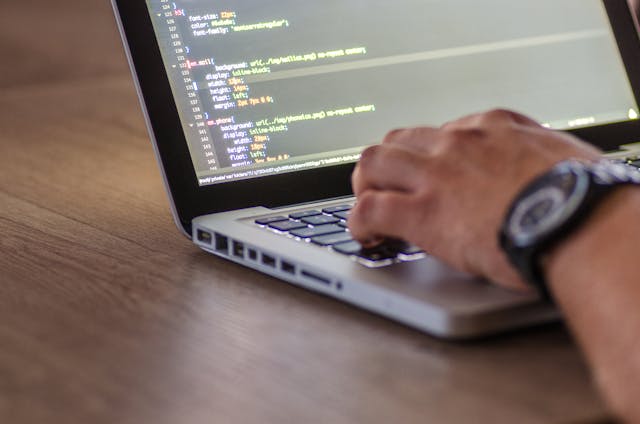Python Developers’ Technical Qualifications and Skill Sets

Python is still one of the most popular programming languages, with applications ranging from web development to machine learning, artificial intelligence, robots, data analysis, DevOps, big data, gaming, and 3D applications. As a result, companies throughout the globe are more eager to recruit full-stack Python Developers, as seen by the graph below.
Instagram, Google, YouTube, PayPal, Netflix, Reddit, IBM, Facebook, Spotify, Quora, and Dropbox are among the most prominent organizations that employ Python as their main programming language and attract in-demand talent.
Python Developers’ Technical Qualifications and Skill Sets
The skillset is established by how Python is used by developers and the jobs for which they are hired. If you’re searching for a Machine Learning Engineer, for example, you don’t have to be concerned about Django experience.
If you decide to employ a Python developer, you should look at their relevant talents, which will reveal their experience and area of expertise. The following are the most well-known distinctions in Python specialty titles:
- Python Developer (Junior/Middle/Senior)
- Python Project Manager
- Quality Assurance Automation Engineer (Python)
- A back-end engineer is someone who works on the back-end of a (Python)
- Django Web Developer/Full Stack Python Developer
- Python Engineer, Lead
- Big Data Engineer/Data Scientist
Where Can You Find a Python Developer with Experience?
The most frequent methods for hiring a Python developer are on a freelance basis, as an in-house employee, or by forming an offshore development team. Collaboration with outstaffing or an IT staff augmentation firm saves you time and headaches in the final situation.
Of course, the decision is entirely yours. It mostly relies on your company’s demands, development objectives, and the sort of hiring you’re making: full-time, part-time, project-based, and so on.
We’ve received several requests for skilled Python developers for various projects due to a lack of locally accessible software experts. Fortunately, Python programmers make up a significant section of Ukraine’s IT community (about 25,000 specialists with diverse seniority levels and skillsets). The majority of developers want to work full-time and on complex projects.
Recruiting Procedures
To begin the recruiting process pf Python Developers, you should understand the primary aim, which is to locate someone who can do the essential duties and with whom you will feel comfortable working, as well as someone who is interested in completing these responsibilities and comfortable working with you.
When recruiting managers, it’s usual to overlook the second component and concentrate only on what matters to them. As a consequence, ineffective hiring may ensue. You should keep in mind that you are not the only one assessing the applicant throughout the recruiting process; the candidate is also analyzing you, your firm, and the individuals with whom they will be engaging.
Let’s take a look at how an interview usually goes
I’d want to point out right away that this method is focused on two things: speed and quality. Because there is always a need for competent engineers, we must make quick judgments and move quickly through the process. In the vast majority of circumstances, we adhere to the three phases of an interview:
1. Technical interview – a video conference helps you to assess the candidate’s technical abilities and expertise.
2. Coding task — shows how a candidate completes a practical work (developer’s code, for example).
3. Final interview — this is generally a management interview held by decision-makers, with an emphasis on the candidate’s soft skills and fit within the organization.
The condensed version of the interview of Python Developers
We’ve recently adopted a more condensed version of this procedure, which has shown to be more beneficial in certain circumstances. There are simply two stages to it:
1. Technical interview with online coding session –
This combines stages 1 and 2 from the preceding list and enables you to see the applicant do tasks in real-time. Also, You’ll be able to talk with him or her and lead him or her through the process, giving you a sense of what it’s like to work with him or her.
2. Final interview
Go now to the website of Uvik Python developers and learn more about the process of hiring top developers from the professional development company Uvik.

